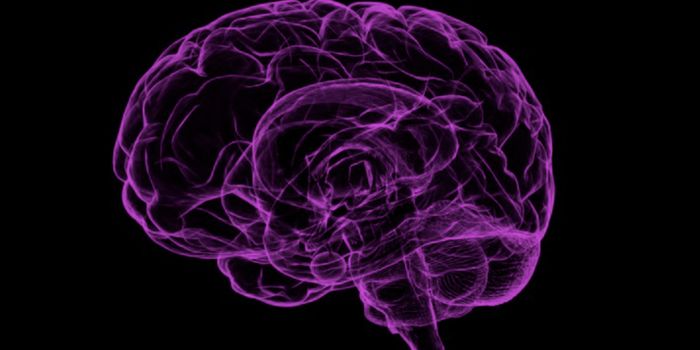How Caffeine Can Aid Lizard Conservation Efforts
Lizards are thought to be under threat due to habitat loss, predation, climate change, and other factors worldwide. In Australia, invasive cane toads caused devastation among lizard populations because the toads are toxic when consumed by the lizards. Many lizard populations there are now trying to come back from the brink. Scientists may have now found a way to help them recover. Reporting in Conservation Physiology, they developed a method that can improve the process of freezing and reviving lizard sperm.
In this work, the researchers collected sperm from a species of giant lizard called Yellow Spotted Monitors, which has been in decline since cane toads entered their environment and the lizards began to consume them. The scientists learned that a common chemical used to protect against the effects of freezing, a cryoprotectant called DMSO (dimethyl sulfoxide) works well to shield sperm from damage during freezing and thawing.
"We were excited to find that we could use a relatively simple cryoprotectant to prevent the sperm from being ripped apart by ice crystals during the freezing process," said Dr. Simon Clulow of Macquarie University. "It was a promising start. But as with a small number of previous attempts to freeze reptile sperm, we weren't able to retrieve large numbers of mobile, swimming sperm post-thaw."
The scientists decided to try a method that has not been tried with lizards before, but has worked for mammals and birds.
"We added caffeine to stimulate the sperm when we thawed them out" revealed graduate student Lachlan Campbell, the first author of the study. "To our delight, we saw a huge increase in the number of moving sperm after freezing and thawing. It turns out, frozen lizard sperm need their morning coffee to get started just like us!"
The researchers were then able to retrieve almost half of the sperm that had been frozen, which is a significant improvement for sperm recovery in reptiles. The efforts may now be applied to the conservation of other species around the world.
Clulow and Dr. Sean Doody at the University of South Florida have started a project called the Kimberley Ark gene bank that aims to bring genetic diversity back to lizard populations.
"We were ecstatic with the outcomes of this study!" said Clulow. Doody agreed. "It's a large step in the right direction to protecting the genetic diversity of northern Australia's unique reptile predators."
Sources: Phys.org via Macquarie University, Conservation Physiology
-
MAY 07, 2024Is It Anti-RNP or Anti-Sm/RNP?
- See More
-
APR 30, 2024Immuno-Oncology Virtual Event Series 2024
-
MAY 07, 20243rd International Biosecurity Virtual Symposium
-
JUN 06, 2024The Future of Scientific Conferencing
- See More


















































